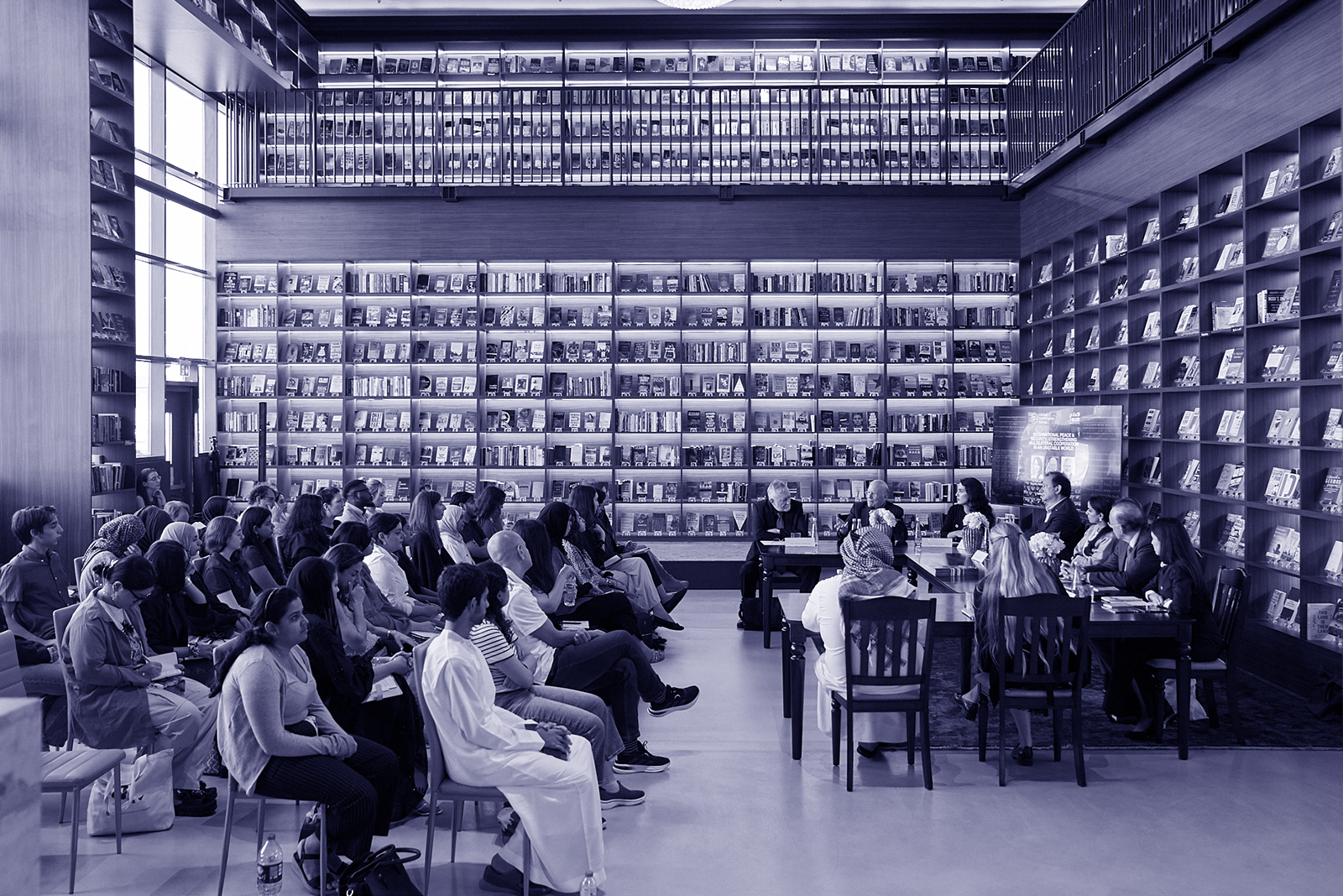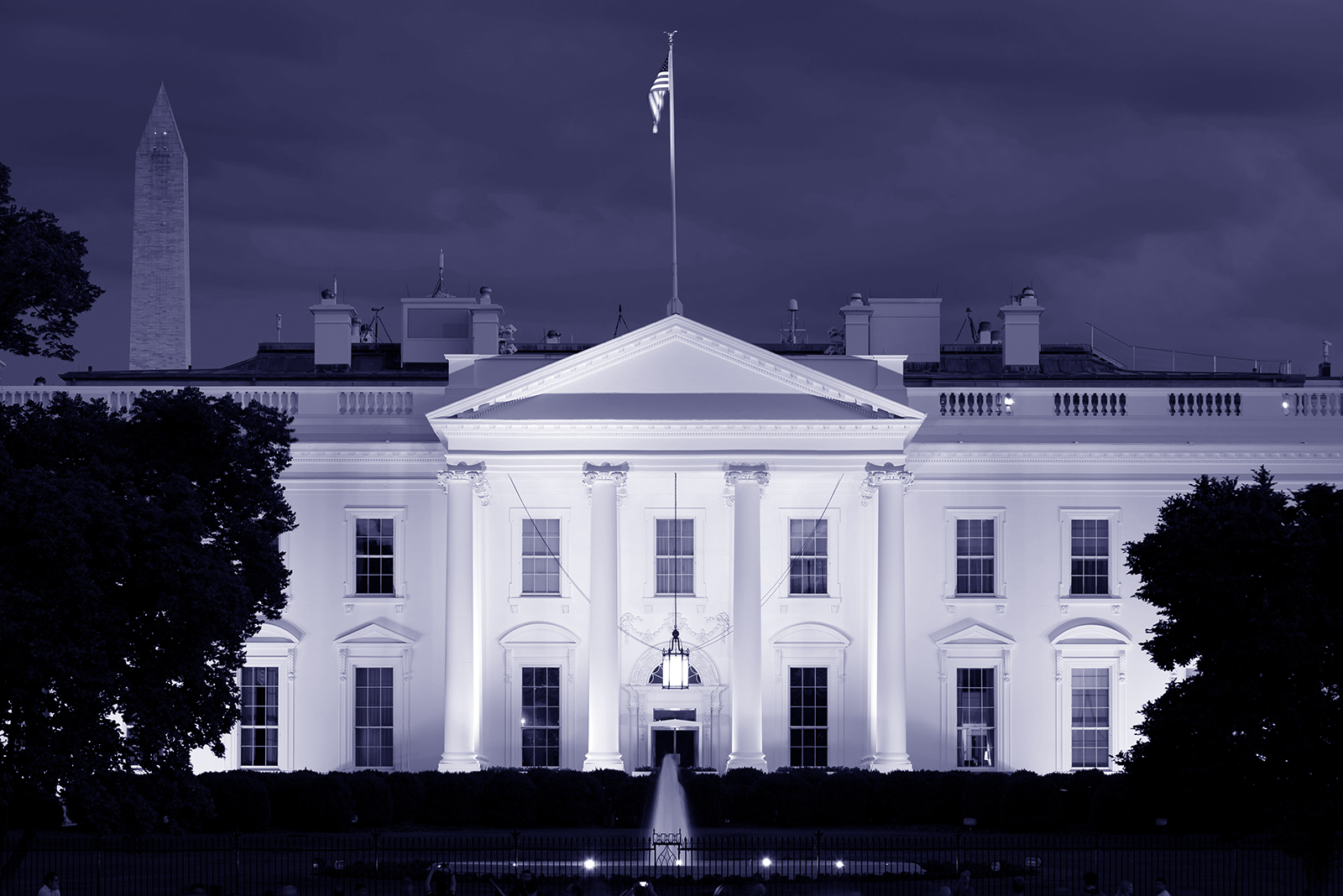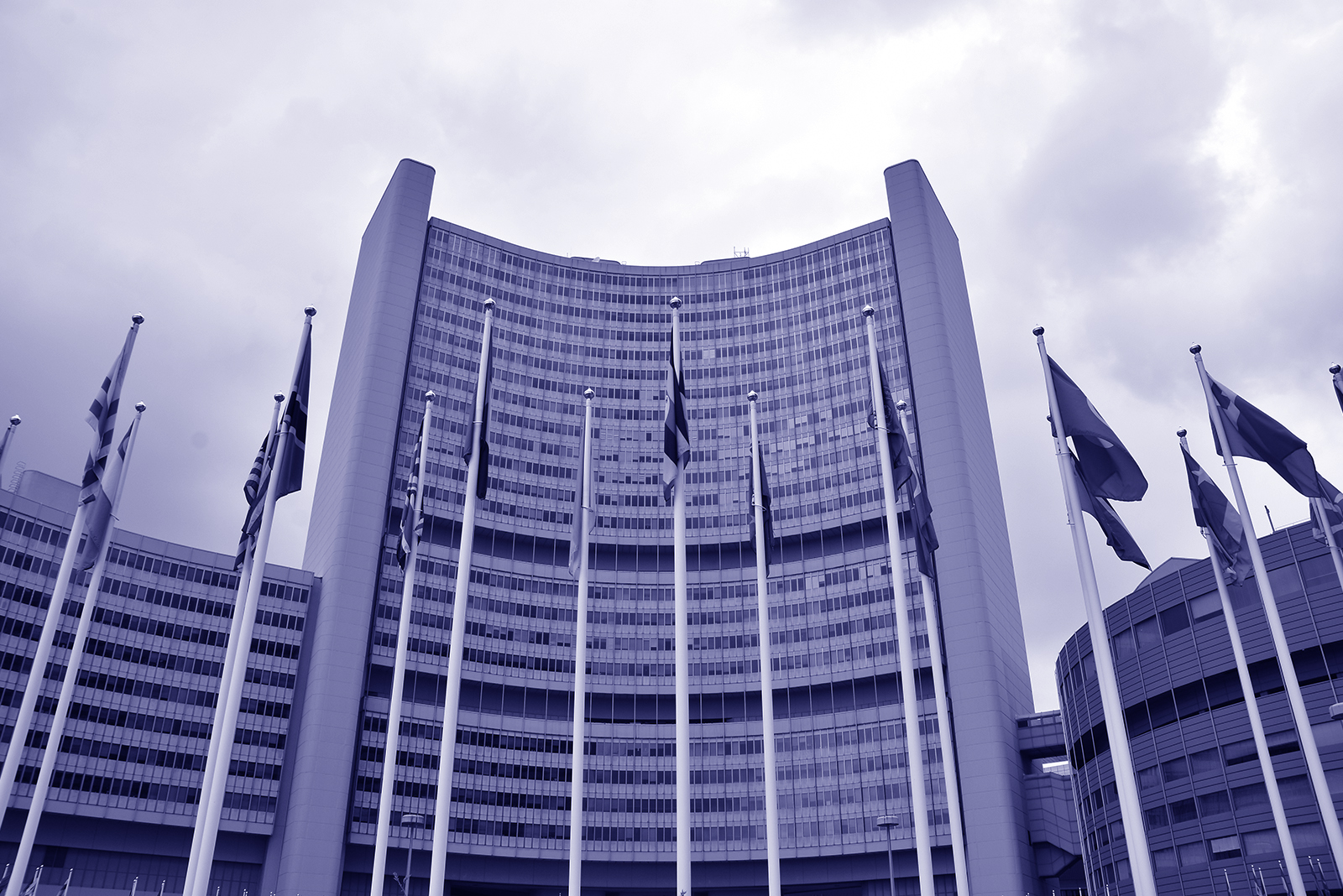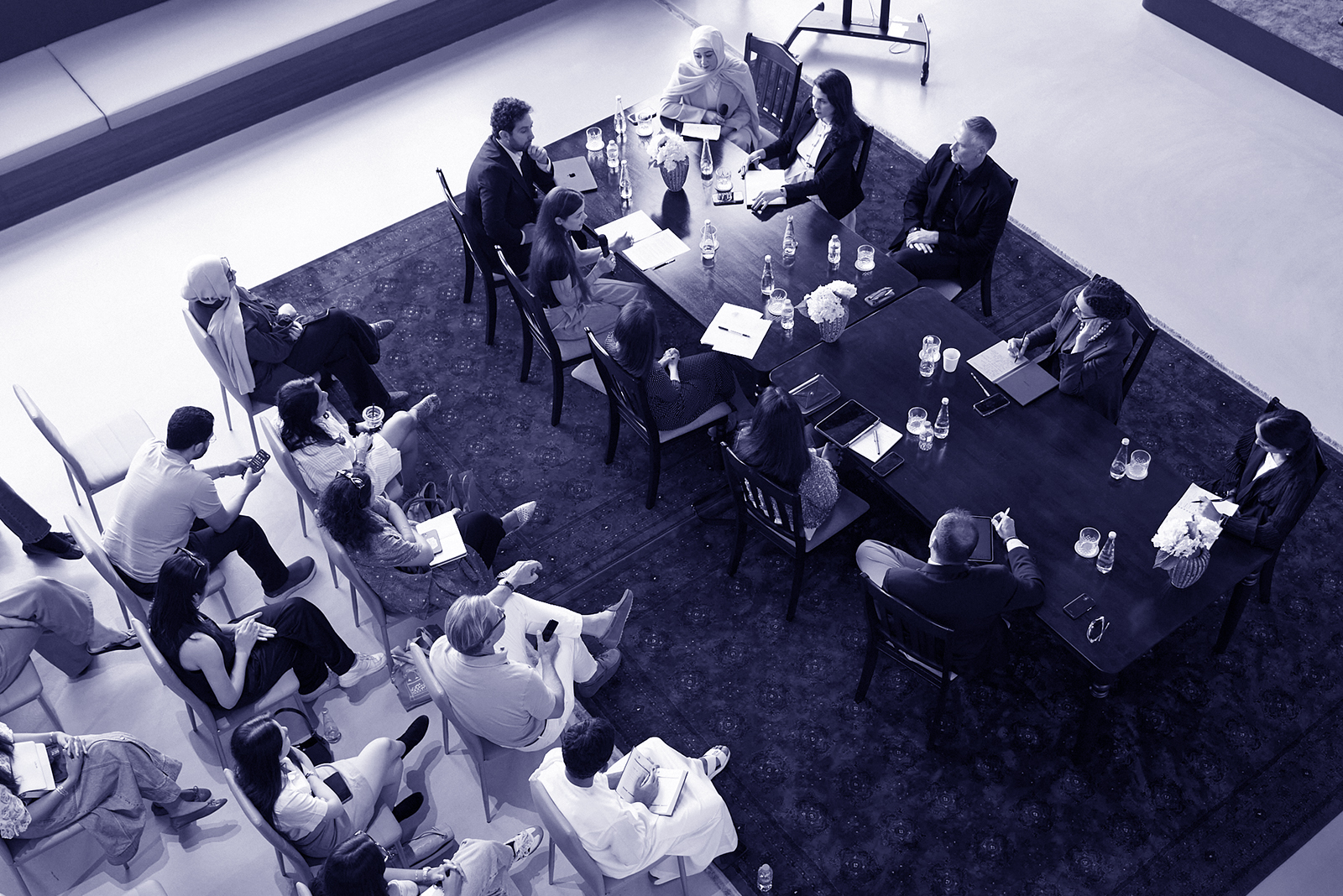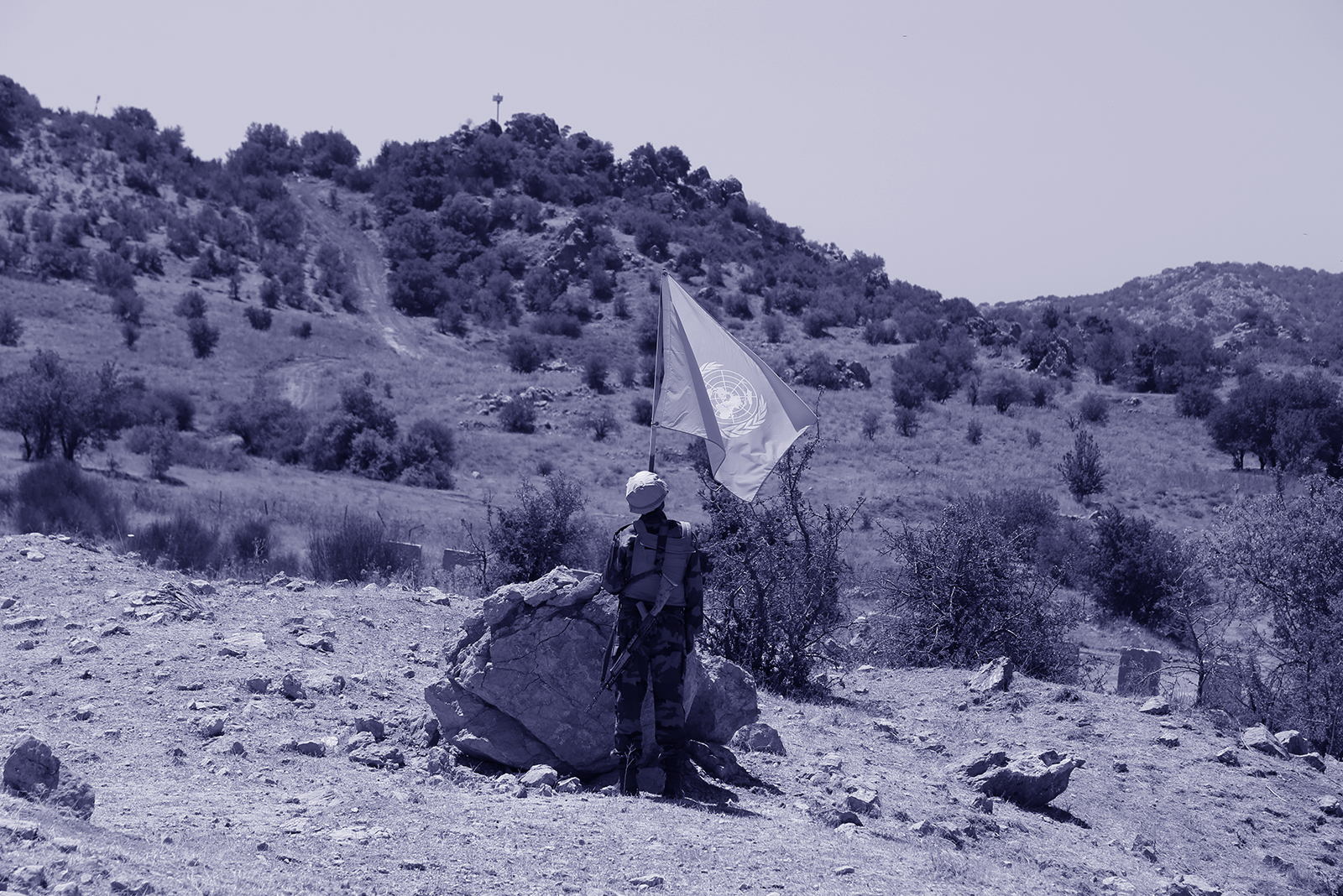
Ceasefires in Crisis: Geopolitical Implications from Syria and Lebanon
The architecture of ceasefire governance in contemporary conflicts has shifted from universal institutions toward selective coalitions of powerful states with profound implications for global security: Enforcement becomes selective, violations are interpreted asymmetrically, and the objective transforms from sustainable peace to strategic advantage.

